Are you ready for some 90’s nostalgia? If so, Ex-Joystiq Editor Danny Cowan has you covered. Read more
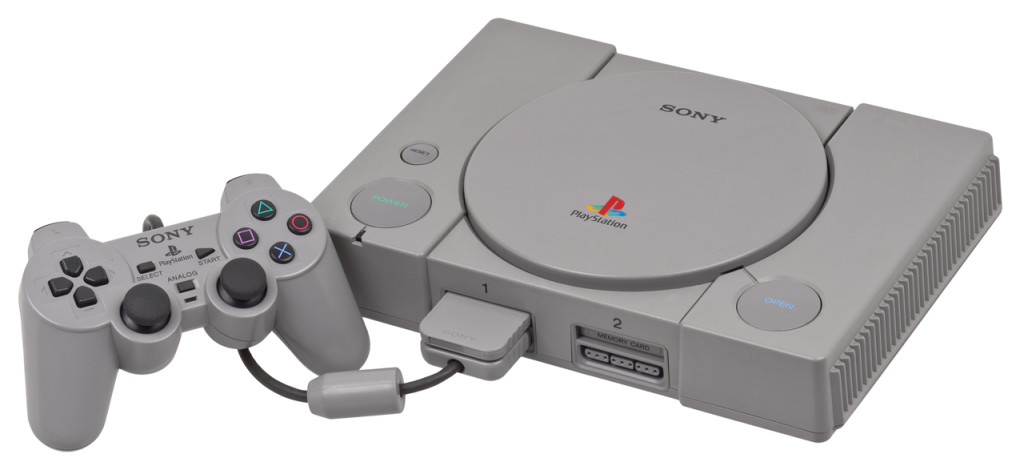

Are you ready for some 90’s nostalgia? If so, Ex-Joystiq Editor Danny Cowan has you covered. Read more
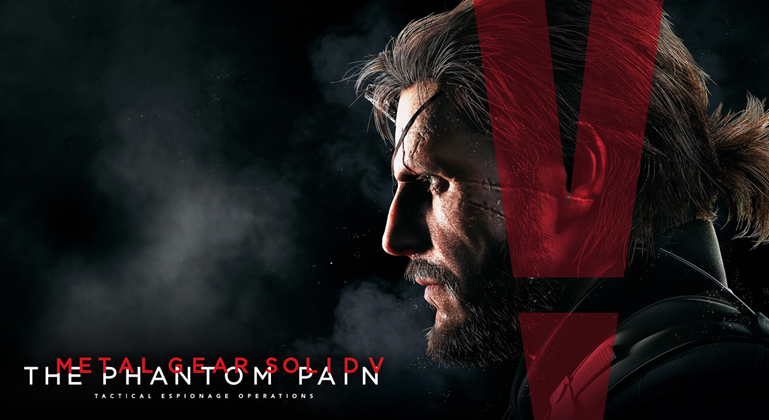
Sorry for the late post. I was dealing with computer issues all weekend. What did we miss? Oh, right. For the second time, Metal Gear Solid V: The Phantom Pain was the highlight of the past week. It was in good company though, as there were quite a few other interesting releases on the Steam Store. Mad Max, Raiden IV, a new Company of Heroes entry, and a '90s adventure game featuring digitized actors in a comic book setting (to name a few). Do a double-take, then proceed further to see more of this past week's new releases.

Long, long ago. Back when computers were new and gaming was just a twinkle in Nintendo's eye, the music that computers actually made was...well, atrocious. It sort of depended on which computer you had, of course, but the IBM PC - my gaming platform of choice - largely went silent in those years, because it was a pretty binary choice. You either enjoyed the sounds of silence or you had to contend with the PC speaker. And oh God. You did not want to contend with the PC speaker.
Capable of only outputting one tone - a high pitched bleep - composers would try to wrangle the PC speaker into making music that would make you grit your teeth. Some folks managed semi-interesting sounds: The opening of Xenon 2, Megablast, wasn't terrible on the PC speaker. The same is arguably true of Maniac Mansion, but by and large, most people's reaction to PC speaker music was "TURN IT OFF."
So, when sound cards came along, I bought one immediately. And it changed my entire perspective on gaming.

The first few companies to seriously embrace music on the PC did so at great cost: the only sort of electronic machinery capable of playing the sounds that the original developers wanted to hear were expensive, costing easily into the $500 realm. This, of course, simply wouldn't do. So Sierra helped usher in the era of the cheap FM-Synthesis card in the form of the Adlib. And from there, things took off at a swift pace.
Cryo, masters of beautiful, somewhat confusing games, threw their hat in the ring. The Dune soundtrack is - to this day - a marvel of FM Synthesis. However did their composer get that card to make those noises? No one but he [and some professionals who know that hardware very well] knew what he did, but it was magic.
It was the first game sound track I fell in love with and it opened my ears to a world I'd - quite frankly - formerly ignored.

While I'm talking - most specifically - about the IBM PC, because that's what I got to know the best, there were a bunch of other machines out there - and they all sounded a little different, because they all used very different music chips. The Amiga, for example, used the Paula sound chip to great effect, allowing composers to use samples as part of their songs. A game that perfectly showcased this ability and that made a lasting impression on anyone into gaming music was Shadow Of The Beast 2.
But then, too, there were the consoles. And each console was created differently - because nobody could settle on standards at that particular time and place - and we were grateful of it, because it allowed us to hear so many different soundscapes.
On the NES, for example, there was the awesome, proto-rock of Contra. You couldn't help but bob your head along to the music of the first stage. And while it wasn't quite the same as the sounds coming out of an arcade, it was of a vintage all it's own. Something you soaked up and listened to long after the game was over.
As time marched onward and music chips got better and better, so too did the sounds. The 8 bit frontier gave way to the 16 bit land of Utopia and with it came a new plethora of sounds and songs that could get pretty dense if listened to in the right atmosphere. I remember the very first time I heard the slow, pulsating electronica of Stickerbrush Symphony and being absolutely blown away by how complex that piece of music was - how many different layers of sound were bubbling just underneath the surface of such a simple song.

One thing that - I think, anyway - is missing from modern computing and modern gaming is how different each of these sound chips were - what they could do, how they would sound, which musical genuis would learn the ins and outs of this specific hardware. A lot of that mystery has fallen by the wayside as we reached the pinnacle of sound in the form of CD-Quality music.
Sure, you can get a symphony to record your soundtrack now, but the problem with that - for me - is that anyone can do that. There's no real mystery in what I'm hearing anymore. No interesting finessing of the hardware to produce something radical and interesting.
On the other hand, this has given me some of my favourite more modern soundtracks. While there are only a handful of real "songs" in To The Moon, each song [with vocals - something that was difficult to achieve in that long-ago time of near-silence] is special in it's own particular and beautiful way.
And - to be fair - modern composers might find the soundscapes of the NES somewhat stifling - having to only work within very particular constraints to produce very particular tones means that there are limits to what you can do. While - for example - the soundtrack of Shovel Knight was amazing, I imagine that the composers for that game might have been genuinely taken aback at first with what they could and couldn't do, given their desire to slavishly emulate the NES.
So, you win some and you lose some. But I am just grateful - in the very long run - that we moved away from the sound of silence. The mystery of music is far better.
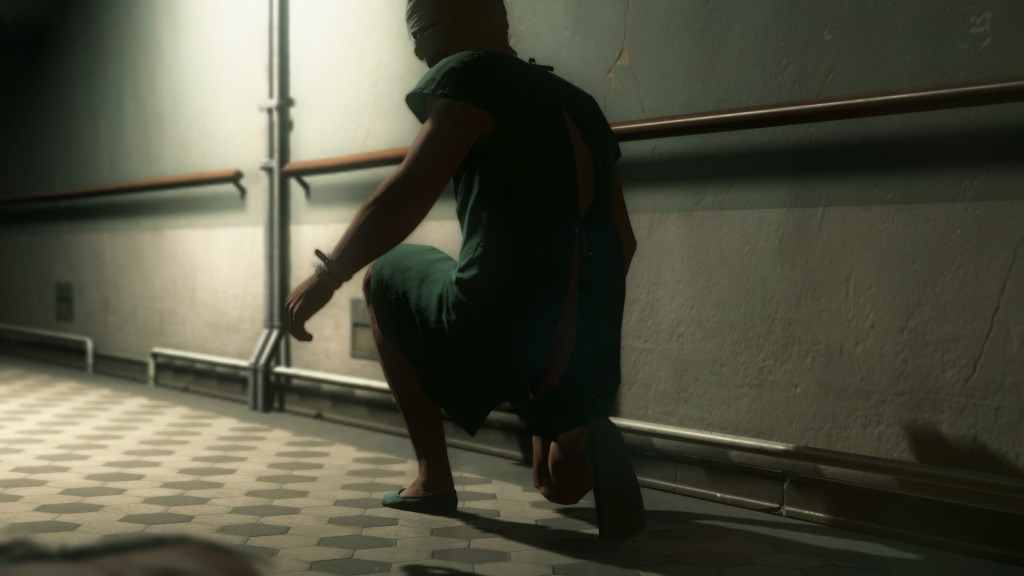
Metal Gear Solid is out. Mad Max is out. What a great time to be sick.
I went for MGS and what I got wasn’t exactly what I expected. It’s more Ubisoft than MGS. Splinter Cell meets Far Cry meets Assassin’s Creed, with plenty of silly sprinkled in.
A great game, no question about it, but not story driven and therefore not Metal Gear Solid. Where are my hour long cutscenes? Whats up with all the collectible shit? Hundreds of side missions?
The gameplay is great, the amount of content you get for the money is outstanding for a game like this, you can listen to Kids In America while your horse takes a shit on civilians that got burnt to a crisp, and there is enough Hideo Kojima (non)sense in it for me to love it, but as someone who fucking adored MGS2, I feel this little speck of “disappointment dust” in my eye, and the more I try to rub it out, the more it itches.
But what is everybody else playing this weekend?
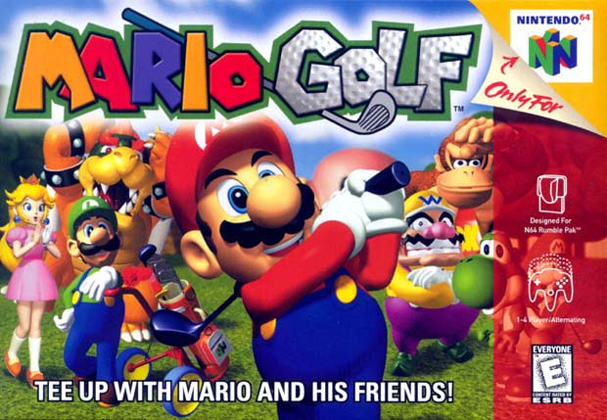
Mario Golf (64) is now available for the Wii U Nintendo 64 Virtual Console! The first of the "modern" three-dimensional Mario Golf games, Mario Golf was also released over 12 years after the previous, NES entry (Nintendo never made a Mario Golf game for the Super Nintendo). Also out this week, the never-before-released outside of Japan, 2-player, Vs Excitebike, and an HD-upgraded Wii U combo-pack of two previously 3DS Western indie games. Fore! Proceed further to see this list of new releases.
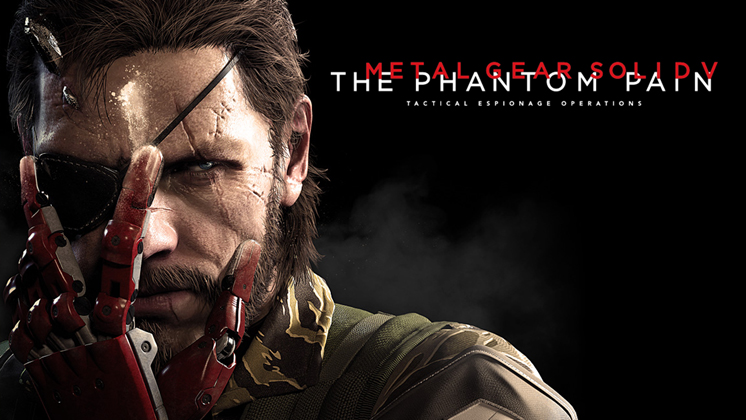
Metal Gear Solid V: The Phantom Pain is now available on the PlayStation Store. Ostensibly, the last Metal Gear game by series creator and longtime custodian, Hideo Kojima, The Phantom Pain has already been released to both rave reviews and a fair amount of controversy. Also out this week, the somewhat highly anticipated Mad Max game (especially after how great the new movie was), "STFU!" (that is to say, Super Time Force Ultra), and a digital card and dice fantasy tabletop role-playing strategy board game (as described by Wikipedia). Play Metal Gear Solid again for the last time, then proceed further to see more of this week's new releases.
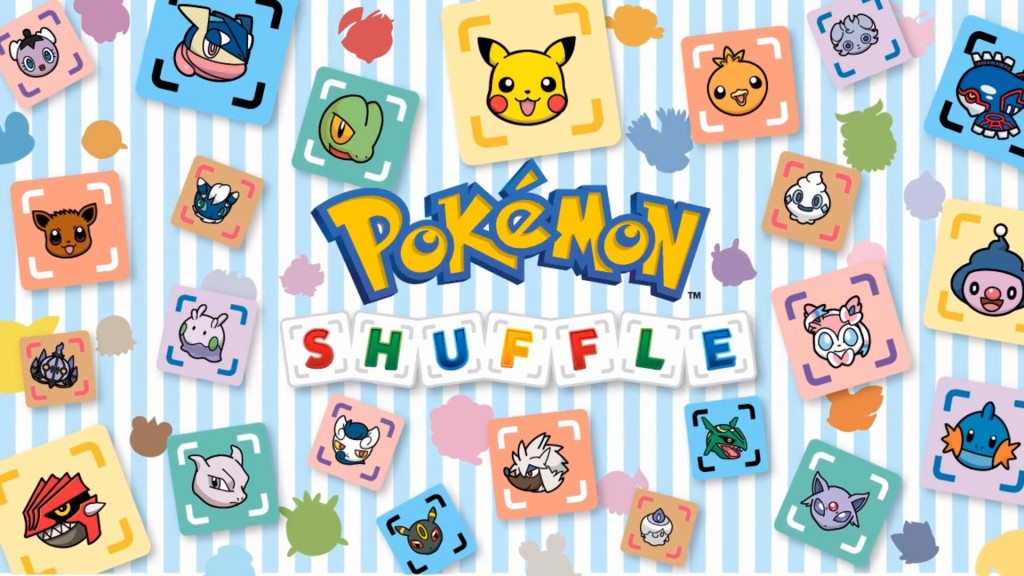
Back in February Pokémon Shuffle was released for the 3DS and 2DS as part of Nintendo's free to play catalogue. It's a match three game in the same vein as Candy Crush, but with much less bothering other people over facebook. The game got a lot of criticism because of microtransactions and how you only have 5 hearts when you start and that they take 30 minutes to regenerate each.